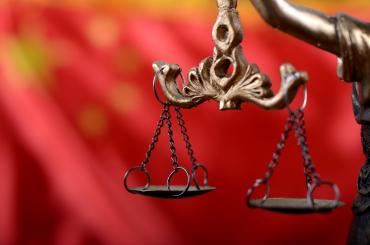

Ernest Liu
Assistant Professor of Economics, Princeton University
Ernest Liu is an Assistant Professor of Economics at Princeton University, with research interests in production networks, growth, international trade, and finance. His work includes developing sufficient statistics for how one country’s income and welfare respond to foreign countries’ TFP growth through trade linkages, and showing that as countries become greater friends in terms of welfare exposure, they become greater political friends in terms of United Nations voting and strategic rivalries; understanding why low interest rates give rise to persistent market power and low productivity growth; analyzing industrial policies in production networks and showing why promoting upstream sectors may results in aggregate gains in production efficiency. He received his Bachelor’s degree from Carleton College in 2010 and Ph.D. from MIT in 2017.
Recent work by Ernest Liu
-

Judicial reform in China reduced court capture and promoted economic integration
China's high-stake judicial reform boosts local court independence, curbs protectionism in cross-region lawsuits, and stimulates investment flows between regions
Published 18.01.24
-

International friends and enemies
As countries become greater economic friends in terms of the welfare effects of their productivity growth, they become greater political friends in terms of United Nations voting and strategic rivalries.
Published 14.09.20
-

Industrial policies in production networks
The industrial sectors a government chooses to support are critical to development by inducing ripple effects on production networks at large
Published 04.09.19
-

Optimising production: Industrial policies in networks
A study finds that promoting upstream sectors to counter resource misallocation raises aggregate efficiency
Published 25.01.19